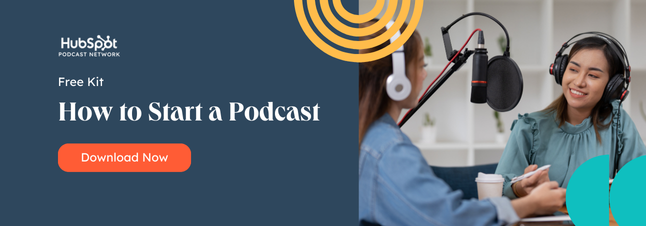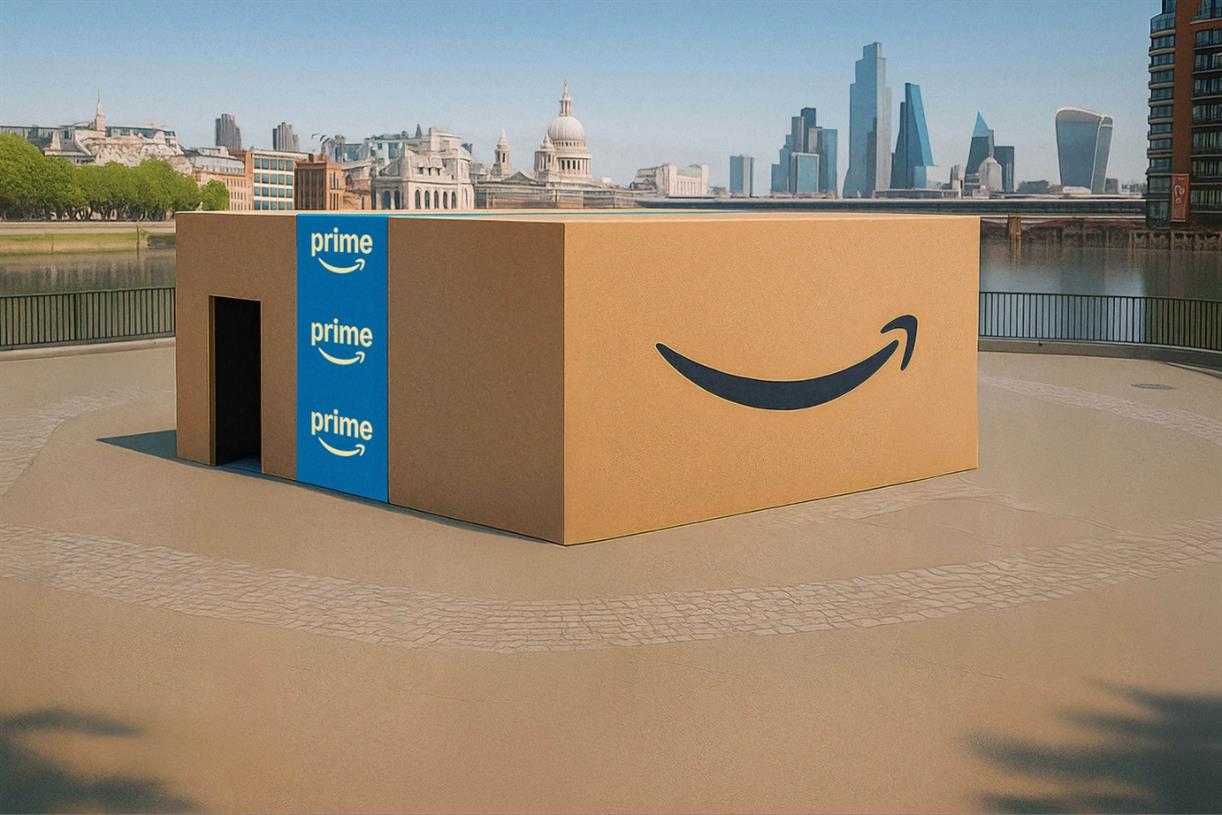Podcasts on YouTube: Best Practices to Follow
YouTube is one of the most popular platforms used for video hosting, with over 2 billion active monthly users. It's also a popular platform for enjoying podcasts, with 57.8% of podcast listeners in the U.S. listening to shows on...

YouTube is one of the most popular platforms used for video hosting, with over 2 billion active monthly users. It's also a popular platform for enjoying podcasts, with 57.8% of podcast listeners in the U.S. listening to shows on YouTube. If you are producing a podcast, YouTube can help you: Below, we’ve outlined best practices to ensure your YouTube efforts are as successful as possible. Consistent titles enhance the visual appeal of your channel, make it effortless for your viewers to browse through your content, and increase the likelihood of YouTube promoting your playlists. When selecting episode names, use a systematic naming pattern and refrain from using vague terms such as "podcast," "full episode," or "new upload" because YouTube’s algorithms often overlook them. When deciding on your title, leverage the standard YouTube video title versus a podcast episode title. If someone was looking for a podcast like yours, which search words would they use? Using your metadata, integrate keywords to help the algorithm and users find your podcast more easily. VidIQ or Tubebuddy can help you conduct keyword research. Don’t forget to speak to and engage directly with your listeners and viewers. If you see a comment or share — engage! Nurturing relationships helps create connections with your audience, keeping them coming back and engaging with your videos. Take advantage of the pinned comment feature, and reply directly to comments to boost engagement. Tags work like hashtags, so consider keywords and search terms for your video uploads. Adding tags to your YouTube uploads enables you to maximize your reach and increases the likelihood of getting in front of the right audience. Tags improve your videos’ SEO and can even help increase content ranking if the title of your video contains commonly misspelled words. It is best practice to list tags in order of relevance to the video and include a mix of general and specific tags. However, stick to no more than 3-5 tags per upload. Using too many tags can result in YouTube ignoring all of them. And using misleading tags can result in your content being removed. Ensure you’re focusing on giving your show a visual identity on YouTube and producing visually compelling content. Adding your show’s logo and frames around your virtually recorded video will increase the production quality of your video. If you have two people in your video, create a split screen so viewers feel they’re the third person in the conversation. Don’t forget about crafting an enticing thumbnail that fits into your branding. The first 30 seconds of your video will determine if watchers stick around, so consider having an engaging intro segment for each video. Your intro should include who you are, why viewers should trust you, and your podcast’s value proposition. Don’t forget to include CTAs in your video and description. YouTube gives your viewers places to click and convert easily - so think about where and how you can continue to engage with your audience after they’ve finished watching. Organize the podcast content on your channel into a playlist with all of your Podcast content to encourage viewers to consume more than one episode. Don’t forget to add end cards to your video to direct viewers to the other content in your playlists. When you think of YouTube, you probably don't think about podcasts because the platform seems more of a visual medium than audio. However, YouTube is an excellent platform to host your podcast because it attracts many users and can add a new visual element to your show. Now that you know the best practices for uploading your podcast to YouTube, you're ready to start and expand your audience.
YouTube Podcast Best Practices
1. Keep Your Titles Consistent
2. Lean into SEO
3. Focus on Your Audience
4. Add Tags
5. Develop Your Visual Identity
6. Hook Your Audience from the Start
7. Add Clear Calls to Action
8. Organize Your Content
We're committed to your privacy. HubSpot uses the information you provide to us to contact you about our relevant content, products, and services. You may unsubscribe from these communications at any time. For more information, check out our Privacy Policy.
Everything you need to create, record, launch, and promote your podcast.

 Aliver
Aliver 


































